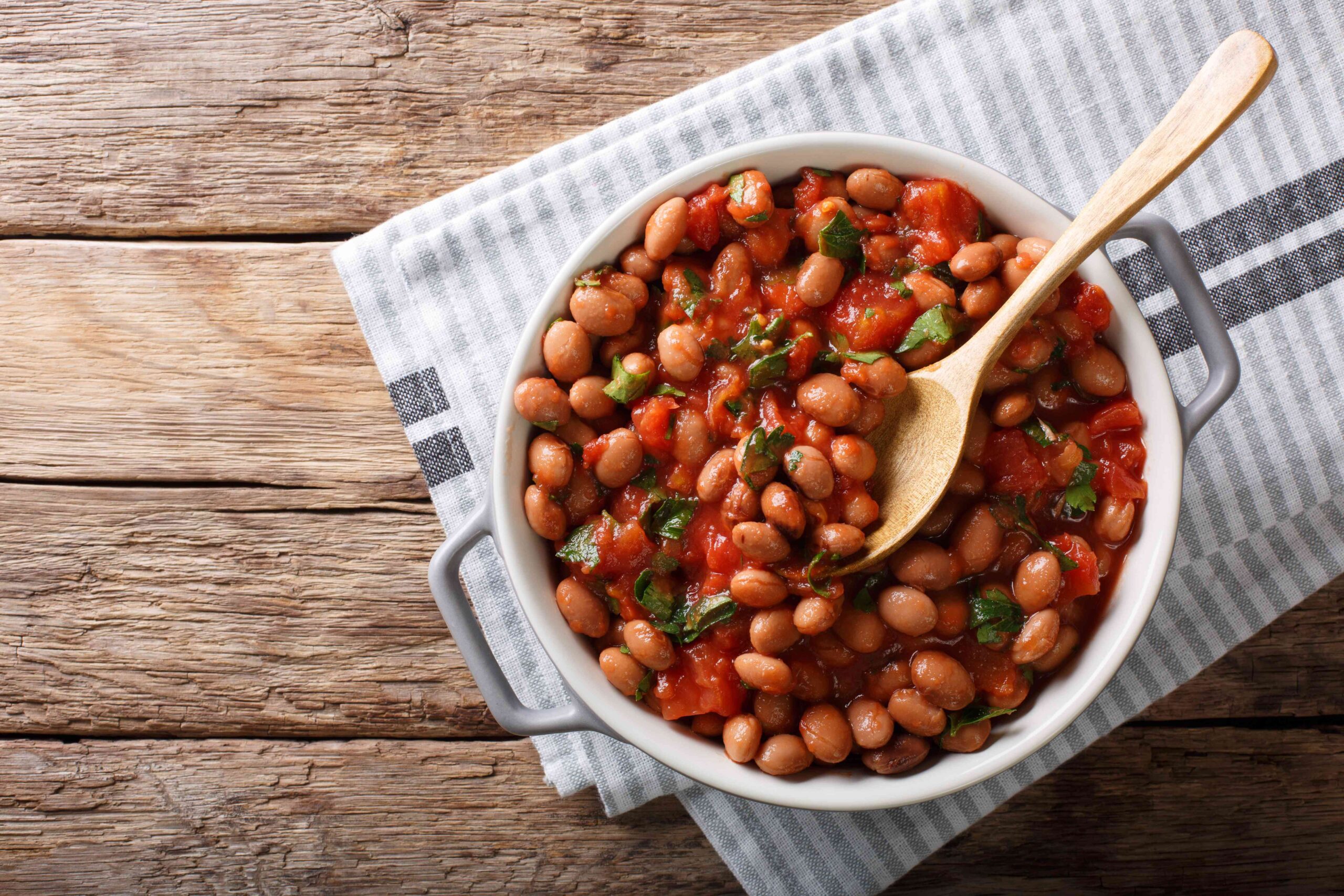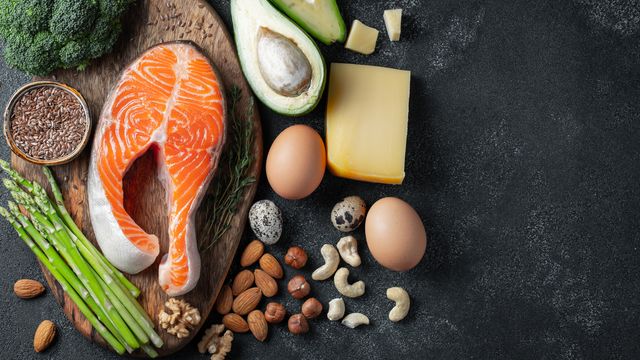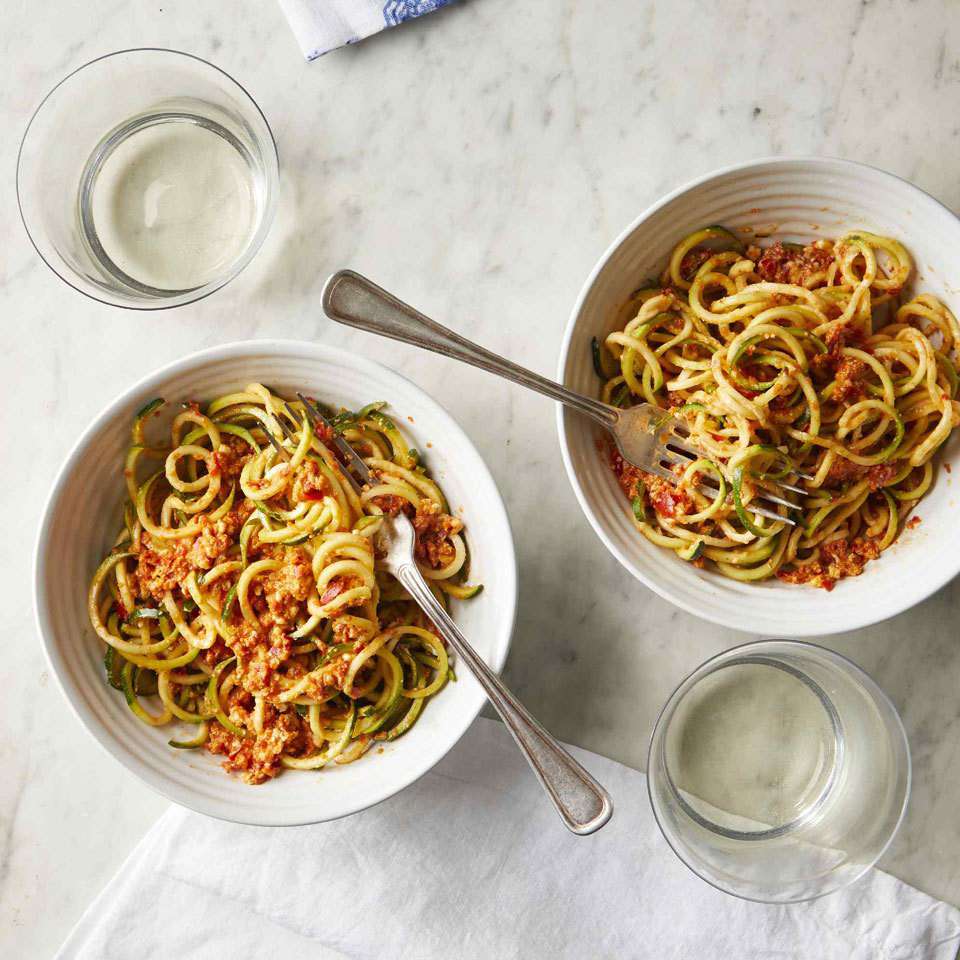Many types of beans are too high in carbohydrates to be eaten on a keto diet. The high-fat, low-carb plan restricts carbohydrates so much that you’re only allowed about 5% to 10% of your daily calories from carbs. That amounts to 25 to 50 grams daily for a 2,000-calorie daily intake.
That said, the diet does provide a good amount of protein—30% to 35% of your daily calories. Beans are a healthy source of nutrients, fiber, and protein, especially if you’re following a vegetarian-friendly keto diet. However, only certain beans, such as green beans, soybeans, and green peas, are low enough in carbohydrates to qualify as keto-friendly. Still, you need to watch portion sizes, such as one to one-half cups, to stay within keto diet limits.
Unfortunately, no. Beans—black beans, cannellini beans, garbanzo beans—aren’t exactly friendly to a high-fat, low-carb meal plan. For example, just one cup of black beans has 41 grams of carbohydrates.
That’s nearly a day’s serving of carbs on a keto diet if you’re on the upper end of the keto carb spectrum. Even if you cut it to half a cup of black beans, you’d still hit 20 grams of carbs. That just about maxes out your daily carb intake if you aim for a 5% carb intake on the keto diet.
Another type of bean, garbanzo (hello, hummus!), has 38 grams of carbohydrates per cup, while pinto beans have 45 grams of carbs per one-cup serving.
There is another option if you can’t live without beans: You can try keto cycling. That means following a ketogenic diet for a few days in a row, then taking a break and eating high (or at least average) levels of carbohydrates for a day—which, yes, can include beans.
Following this cyclical plan has its advantages. “It improves or restores your body’s ability to go back and forth between fuel sources,” Robin Foroutan, RDN, spokesperson for the Academy of Nutrition and Dietetics, told Health.
In addition, Foroutan shared that when you eat a strictly fat-filled diet, your food can be low in fiber and antioxidants and high in inflammatory properties.
Basically, beans aren’t keto-friendly if you’re following a rigorous version—but if you’re willing to keep your eating plan a little more flexible, beans may be fair game.
Beans offer many health benefits, including a lower risk of chronic diseases. Some of the rewards of a balanced, bean-rich diet can include:
- Improved colon health
- Improved gut microbiome
- Reduced cardiovascular risk factors such as high cholesterol and high blood pressure
- Reduced risk of obesity
- Reduced risk of type 2 diabetes
Just about all beans have health benefits, including lots of fiber, phytochemicals, and plenty of nutrients. However, some have more protein and fewer carbohydrates, which is friendlier for keto cycling.
Here are some keto-friendly bean options, with nutrition info by the cup.
Green Beans
- 31 calories
- 5 grams of carbs
- 1 gram of protein
Soybeans (Edamame)
- 224 calories
- 14 grams of carbohydrate
- 18 grams of protein
Black Soybeans
- 240 calories
- 16 grams of carbohydrate
- 22 grams of protein
Green Peas
- 125 calories
- 23 grams of carbohydrate
- 8 grams of protein
Beans offer many health benefits and contain heart and digestion-friendly nutrients like potassium, copper, phosphorus, manganese, iron, magnesium, various vitamins, fiber, and protein. However, if you are following a keto diet, you’ll need to limit many types of beans due to their high carbohydrate content.
Luckily, some beans like green peas, soybeans, and green beans are low-carb, making them keto-friendly. Another option for eating beans is to try keto cycling, where you follow the keto diet on some days and then add beans (and other non-keto foods, if you like) on other days.



